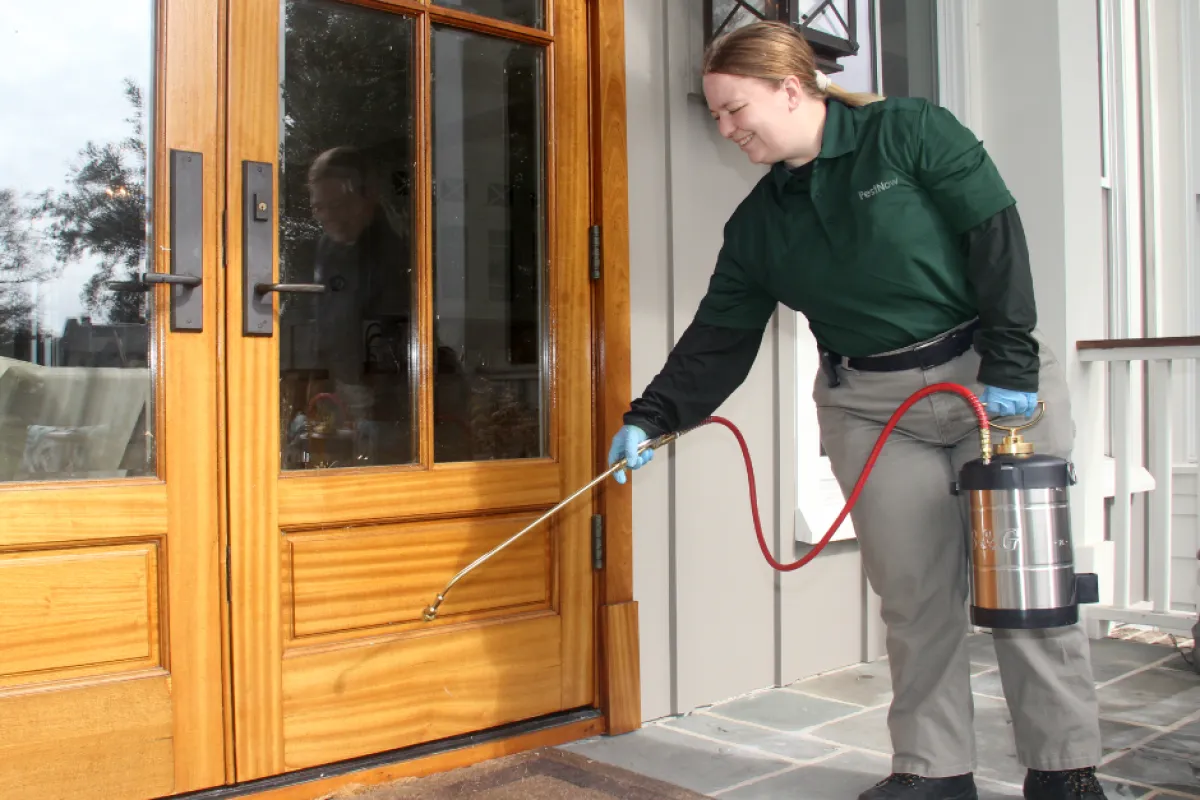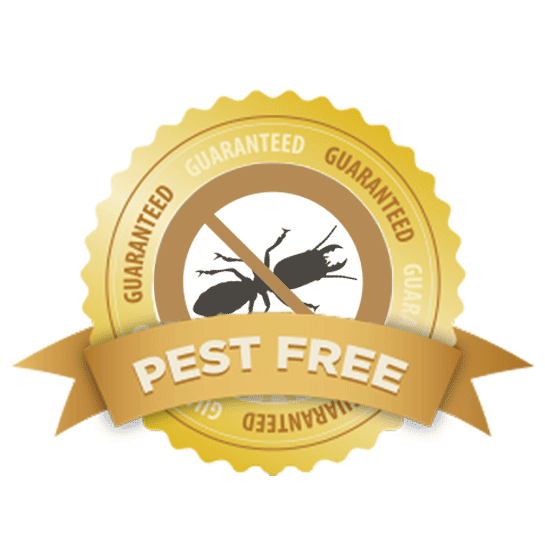Effective Coquitlam Pest Control Solutions for a Pest-Free Environment
Effective Coquitlam Pest Control Solutions for a Pest-Free Environment
Blog Article
Safe and Trusted Pest Control for Lasting Security
Effective bug administration calls for a diverse method that balances ecological integrity with the requirement for reliable parasite suppression. The nuances of these approaches may not be instantly clear, triggering a more detailed examination of the methods that can lead to lasting insect control results.
Recognizing Bug Control Techniques
Insect control incorporates a variety of approaches aimed at managing and eliminating unwanted pests and rodents that can intimidate both health and wellness and building. Comprehending these methods is crucial for efficient pest monitoring.
The primary classifications of pest control approaches include mechanical, organic, and chemical approaches. Mechanical techniques include physical barriers and catches to prevent bug entry and capture unwanted varieties. Making use of displays on windows or utilizing sticky catches can significantly minimize parasite populaces without presenting hazardous materials - exterminator coquitlam.

Chemical bug control is often the most recognized method, using chemicals to eliminate parasites. These chemicals can be reliable yet have to be utilized with care to prevent negative impacts on non-target types and the atmosphere.
Benefits of Eco-Friendly Solutions
Just how can environmentally friendly services change insect control techniques? The adoption of eco-friendly bug control techniques uses various advantages, dramatically enhancing the efficiency and safety of parasite administration.

An additional benefit is the positive effect on regional biodiversity. Green services are created to target details pests while preserving useful bugs and wild animals, advertising a balanced ecological community. This approach aligns with the growing consumer need for lasting practices, enhancing the reputation of insect control providers.
Integrated Pest Management Strategies
The application of environment-friendly options normally causes the adoption of Integrated Insect Management (IPM) techniques, which even more enhance pest control efficacy. IPM is a holistic strategy that incorporates several methods to take care of parasite populaces while reducing environmental effect. This method highlights the use of biological, social, mechanical, and chemical controls, making certain a lasting and balanced technique of pest management.
One fundamental facet of IPM is the detailed analysis of bug activity and ecological conditions. By keeping track of pest populaces and determining their life cycles, practitioners can apply targeted interventions that interfere with the bug's environment or lifecycle, decreasing dependence on chemical pesticides. Furthermore, cultural methods such as crop turning and habitat adjustment can substantially diminish parasite establishment and recreation.
Another critical element is making use of biological control representatives, such as beneficial bugs or microorganisms, which their website can normally subdue bug populations. When chemical applications are needed, IPM focuses on using low-risk chemicals and applies them precisely, decreasing direct exposure to non-target organisms and human beings.
Incorporating IPM methods not just improves bug control effectiveness yet also promotes a more secure ecosystem, lining up with the expanding need for lasting techniques in parasite management.
Safe Practices for House Owners
Recognizing the significance of safe methods in parasite control can empower property owners to effectively manage insect concerns while guarding their health and wellness and the environment. Executing non-toxic techniques and safety nets is crucial in reducing exposure to harmful chemicals.
Home owners need to initially examine their atmosphere for conditions that draw in bugs, such as standing food, water, and clutter waste. On a regular basis cleansing and sealing entrance points can deter parasites from invading the home. Making use of natural deterrents, such as necessary oils or diatomaceous planet, can give reliable alternatives to chemical pesticides.
When chemical treatments are essential, house owners ought to opt for items that are particularly labeled as safe for household usage. It is vital to adhere to application guidelines meticulously to prevent overexposure. Using targeted therapies in areas where parasites are determined, instead than blanket splashing, can significantly lower chemical use.
Finally, maintaining open interaction with pest control experts is essential. House owners need to ask concerning the safety and security of products used and request environmentally friendly choices whenever feasible. By adopting these risk-free practices, home owners can produce a healthier living atmosphere while properly biological pest control managing insect problems.

Tips for Long-Term Defense
Establishing an insect administration approach that emphasizes long-lasting security can considerably boost the performance of the safe practices previously gone over. To attain this, home owners should implement regular evaluations of their home, concentrating on hidden locations such as attic rooms, cellars, and crawl areas. Early discovery of pest activity is critical in preventing problems from holding.
In addition, keeping a clean atmosphere is vital. This consists of appropriate food storage space, without delay cleansing spills, and regularly dealing with waste. These methods decrease attractants that draw parasites into the home. Additionally, sealing access factors, such as cracks around doors and home windows, can effectively obstruct possible bug gain access to.
Landscaping should also be thought about; keeping plants cut and keeping a distance between plant life and the home minimizes concealing places for parasites. Utilizing all-natural deterrents, such as crucial oils or diatomaceous earth, can even more inhibit invasions without considering rough chemicals.
Last but not least, teaming up with a specialist parasite control service for routine assessments can offer an extra layer of safety. These experts can use tailored suggestions and progressed therapies, ensuring that your home stays shielded against insects in the long-term.
Conclusion
Finally, dependable and safe parasite control requires a diverse technique that stresses environment-friendly approaches and integrated parasite administration. By implementing natural deterrents, conducting normal inspections, and preserving correct sanitation, homeowner can considerably minimize bug populaces while shielding beneficial bugs and the atmosphere. Partnership with specialist bug control solutions improves the efficiency of these methods, making certain customized solutions that offer enduring security and peace of mind against future infestations.
Effective bug monitoring calls for a diverse technique that balances ecological integrity with the demand for reliable bug reductions. The adoption of environmentally friendly insect control methods supplies countless advantages, considerably boosting the effectiveness and safety and security of pest monitoring.The execution of eco-friendly options naturally leads to the adoption of Integrated Insect Management (IPM) strategies, which better improve imp source pest control efficiency. exterminator coquitlam. By monitoring parasite populaces and identifying their life cycles, experts can implement targeted treatments that interfere with the bug's habitat or lifecycle, reducing reliance on chemical pesticides.In conclusion, secure and dependable bug control requires a complex approach that highlights environmentally friendly approaches and integrated bug management
Report this page